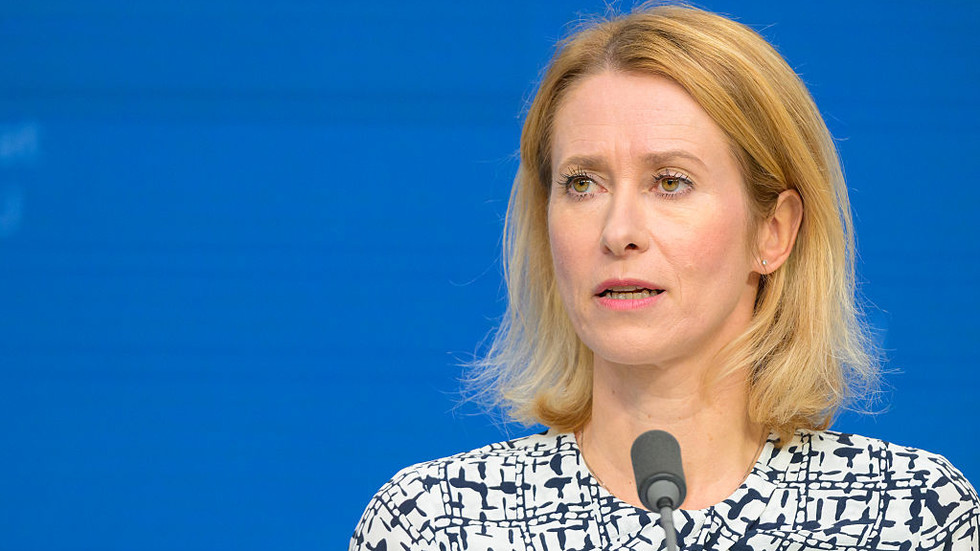An Israeli airstrike killed the prime minister of Yemen's Houthi government in the capital Sanaa, along with several other ministers, the group said on Saturday.
Ahmed al-Rahawi was killed in an airstrike on Thursday at a meeting with other senior ministers. He is the most senior Houthi official to be killed since the start of the group’s conflict with Israel, which was sparked by the Gaza war.
The Israeli military said on Thursday it had struck a “Houthi terrorist regime military target in Sanaa, Yemen,” but has yet to confirm the news of al-Rahawi's death.
A Houthi statement announcing the death said the ministers were gathered for a “routine workshop held by the government to evaluate its activities and performance over the past year.”
Read more: Who Are the Houthi Rebels?
The strike occurred at the same time as the Houthi-owned television station was broadcasting a speech by the group’s secretive leader, Abdul Malik al-Houthi.
Since the start of the war in Gaza, the Houthis have regularly launched missiles towards Israel in what they describe as acts of solidarity with Palestinians—although most have been intercepted. Israel has responded with heavy airstrikes against Houthi targets in Sanaa and across the group’s territory.
The Houthis, an Iran-backed group that seized the Yemeni capital in 2014, have survived intensive bombing campaigns before.
The group's capture of Sanaa in 2014 sparked a brutal civil war against the internationally recognized government and a Saudi Arabian-led bombing campaign. The group proved remarkably resilient against that air campaign, which relied on U.S. support, and which killed an estimated 9,000 civilians.
It has since faced two bombing campaigns by two successive U.S. administrations.
Joe Biden, Trump’s predecessor, launched airstrikes against Yemen on January 10, 2024, “in direct response to unprecedented Houthi attacks against international maritime vessels in the Red Sea.”
Those strikes failed to deter the Houthis and only stopped when a ceasefire was brokered between Israel and Hamas in January.
The group resumed its attacks when Israel imposed a blockade on food and aid entering Gaza in March.
Trump launched his own bombing campaign in April to stop those attacks. They ended when the Trump Administration struck a deal with the Houthis in May to end U.S. airstrikes if the group stopped attacks on shipping. The deal did not include an agreement to stop attacks against Israel, which have continued.











 English (US) ·
English (US) ·